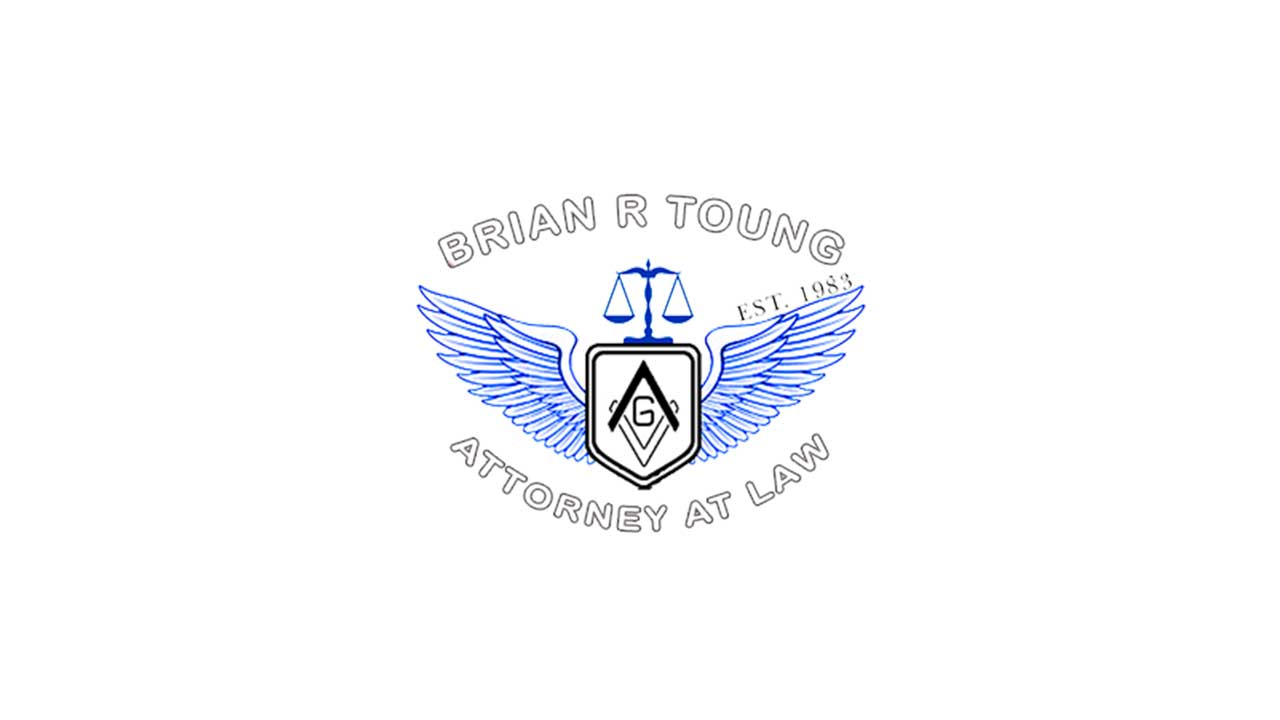When aviation accidents occur, most times, no surviving pilot, flight crew or passengers make it out alive, Thus, it can be particularly difficult to know exactly what may have caused the crash. Because of this, in 1967, the National Traffic Safety Board (NTSB) was founded in the hope that, by investigating civil plane crashes, a better understanding about how to prevent future ones could occur.
The NTSB’s own Washington, D.C.based “Go Team,” is comprised of anywhere between three to over a dozen investigative specialists it can call up at moment’s notice to respond to a crash scene. While they primarily handle aircraft accidents, they are trained in handling other types of routine investigations including railway, pipeline, highway, and marine accidents.
In responding to a crash scene, the team’s supervisor, the Investigator-in-Charge, assigns each of the specialists to investigate a specific aspect of the accident scene. When processing the scene of a plane crash, different members of the “Go Team” may be put in charge of analyzing potential contributing factors including operations, weather, power plants, human performance, air traffic control, structures, systems and survival factors.
As for the operations team member, they work to piece together the flight crew’s movements leading up to an accident and during the actual flight. The weather specialist attempts to make sense of data provided by the National Weather Service and local media sources. Power plants crew members focus on closely examining the state of the plane’s engines and propellers.
As for human performance, much like operations, the specialist in this area focuses on the flight crew’s workload, potential fatigue, alcohol or drug abuse, and other personal attributes of the crew. As for air traffic control, they work closely with the “Go Team” to reconstruct the circumstances surrounding the accident. A structures investigator makes necessary calculations surrounding the plane’s projected path and impact.
Systems crew members, much like power plants ones, focus on many of the plane’s components including its flight control system. And finally, survival factors attempts to account for the flight crew’s efforts made to reduce potential impact of injury or death pre-crash.
If a family member has been injured or lost their life in a plane crash, a South Daytona, Florida, aviation accident attorney can provide guidance on how to look into a claim.
Source: National Transportation Safety Board, “The Investigative Process,” accessed April 12, 2017

